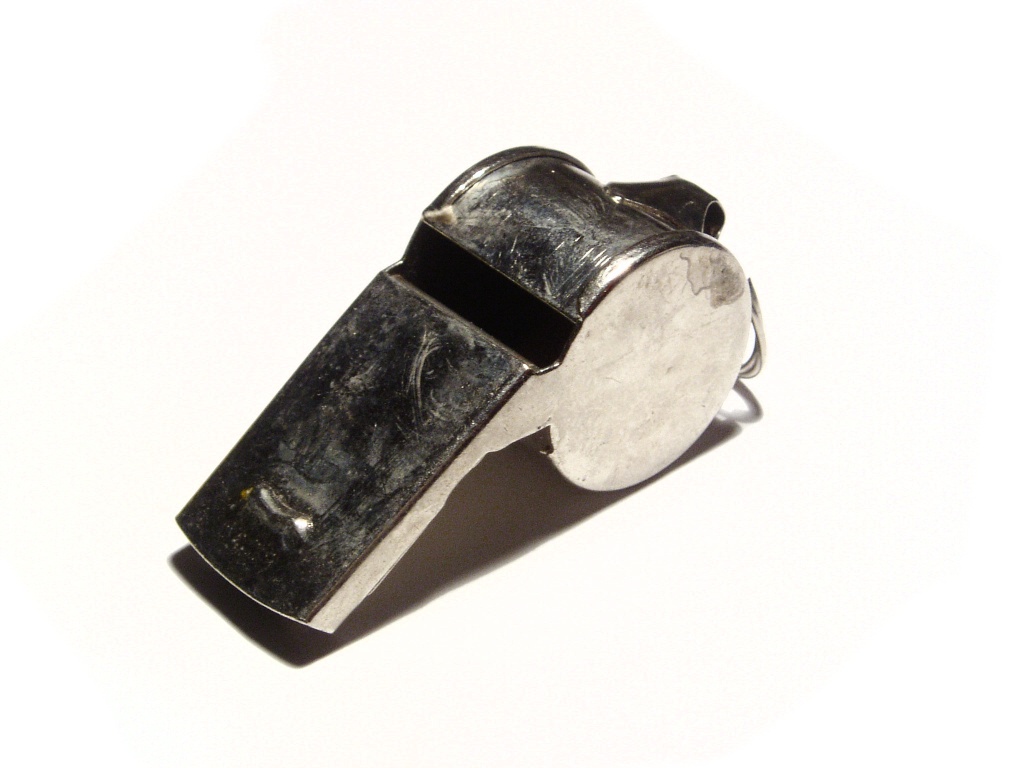Yet whistleblowers seldom gain fame. Most remain anonymous by choice, content to provide investigative reporters with facts and evidence for crucial stories and then simply fade away.
At some level, almost every journalist’s source is a whistleblower. Million-page document dumps are important, but so is disclosure of one page or even just one fact that a government or oligarch doesn’t want you to know.
Seldom acknowledged and almost never thanked, insiders who blow the whistle are the unsung heroes of a just society. Without them, corruption would run rampant, public institutions could evade accountability and the rapacious would go unchecked.
They are the real heroes of journalism. Their information is in almost every investigative story.
Why do they do this?
Motives vary range from selfless altruism to iniquity. Most want to do the right thing - to see justice done and fairness prevail. But others may try to use information to damage a rival, scuttle a project, kill legislation.
We’ll accept information from anyone, regardless of their intent. Good may still result from information that is intended to do harm.
And that is why whistleblowers are in many ways the heroes of democracy. They force transparency into systems that fail to achieve it without a nudge and, sometimes, a good poke.
For all the good they do whistleblowers often are destroyed by their act. They risk their mental wellbeing, their jobs, their careers, their good name and sometimes freedom and even life itself because they believe the public has a right to know. Even a public that might hate them for trying to expose very serious problems.
Despite the fact that a majority of Americans believed that Snowden’s leak of information about surveillance of U.S. citizens served the public interest, 54 percent also believed he should be prosecuted.
People have conflicting feelings about whistleblowing — and about investigative reporting, for that matter. They appreciate being told uncomfortable truths, but they don’t always want to hear it.
No matter. Whistleblowers and investigative reporters remain committed to the concept that transparency is the best disinfectant, even if those in power see us as enemies of their people.
We better take better care of our whistleblowers. Governments around the world are closing off more and more records and making it easier to punish those willing to share forbidden truths.
Brave whistleblowers have never been more needed to understand basic questions about our governments and societies.
Today, on World Whistleblowers Day, let’s not forget their sacrifice, their risk and their commitment to the truth. I know that as an investigative reporter I simply couldn’t do my job without their willingness to let their conscience be their guide.
(The views and statements in this op-ed represent those of the author and they do not necessarily reflect those of the Organized Crime and Corruption Reporting Project.)

